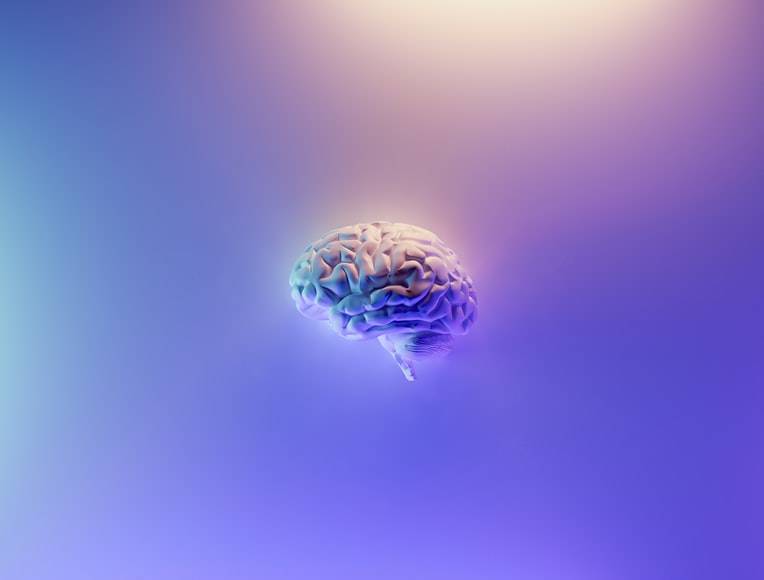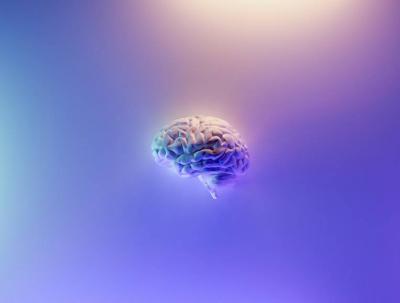Under the title "The Big Secret: Revealing Why the Brain Consumes a Large Amount of Energy," Sky News reported that despite the small size of the human brain in our bodies, it is highly complex, enabling it to carry out many daily tasks and even allowing humans to assert control over the Earth and possibly outer space. Efforts to explore the brain and uncover its mysteries continue. The latest of these efforts was a new study published in the journal "Science Advances," conducted by researchers from the Weill Cornell Medical College, who attempted to understand how the brain consumes the greatest amount of "energy" in the human body.
**The Big Puzzle**
Sky News Arabic spoke with Timothy Ryan, the lead author of the study and a professor of biochemistry at Weill Cornell Medicine in New York, who revealed the nature of the findings made in this new study. Ryan clarifies the brain's functioning; stating that all mammalian brains require a significant amount of energy to keep them operating: "In terms of weight, the brain is 10 times larger than other organs in the body, and it uses about 20% of the total 'energy' that the body needs, while only representing about 2% of the total body mass."
Ryan adds that this high energy consumption is attributed to the fact that brain cells use electrical signals to transmit messages over the very long distances of individual nerve cells. He continued: "About 40 years ago, a team of doctors revealed that the brains of patients who had entered a severe coma were still consuming a lot of the body's fuel, half that of normal patients." He noted, "However, it was very surprising that when most brain functions were halted, there was still a significantly higher energy consumption compared to other tissues. The reason for this doubled energy consumption has remained a major puzzle ever since."
**Energy at Synapses**
The biochemistry professor explains the nature of the study he conducted with his colleague Camila Polido: "During our work in the lab, we developed methods to directly measure the amount of energy consumed by synapses, which are the connection points between brain cells. Estimates suggest that the human brain contains about 10 trillion synapses." He elaborates: "In our experiments, we posed a question: Would the amount of energy consumed by synapses change if we forced them to stop electrical signaling? The answer was that they still consumed a lot of energy."
"We then conducted further experiments to determine which aspect of the synapse is burning all this energy, even when it is 'at rest,' and the main culprit was completely unexpected." One theory to explain this puzzle suggests that the brain consumes a considerable amount of energy to maintain electrical signals in brain cells, described as keeping "small batteries" charged. However, Ryan refuted this interpretation, stating that maintaining electrical signals was not the primary reason for energy consumption. Instead, he found that the process of preparing the chemical message for transmission was one of the largest energy consumers, as the electrical signal only travels across (which can be a very long) distance within a single cell. To send the message to the next cell, the electrical signal is "converted" into a chemical message.
The chemical message is transported through small capsules known as synaptic vesicles, which fuse with the cell surface at the synapse, allowing the message to diffuse across a small gap to then act on the adjacent cell.
**Like a Cell Phone**
The biochemistry professor states: "What we found is that keeping the small capsules (synaptic vesicles) filled with the chemical message is what causes energy to be continuously burned, even when the message is not being sent." He compares this process to what happens with a mobile phone, which drains its battery continuously because it is always on high alert and ready to inform you of an incoming call or message. Similarly, it turns out that the process of "keeping synapses ready" to send a message consumes a large amount of energy, just like keeping your phone on standby.
Solving this puzzling riddle represents a significant advancement in understanding the brain's functioning, as well as the brain's vulnerability to disruption in energy supply, which is a major issue in neuroscience. A metabolic deficiency has been observed in a range of common brain diseases such as Alzheimer’s and Parkinson’s disease, and this approach may ultimately help resolve important medical mysteries and suggest new treatments.




